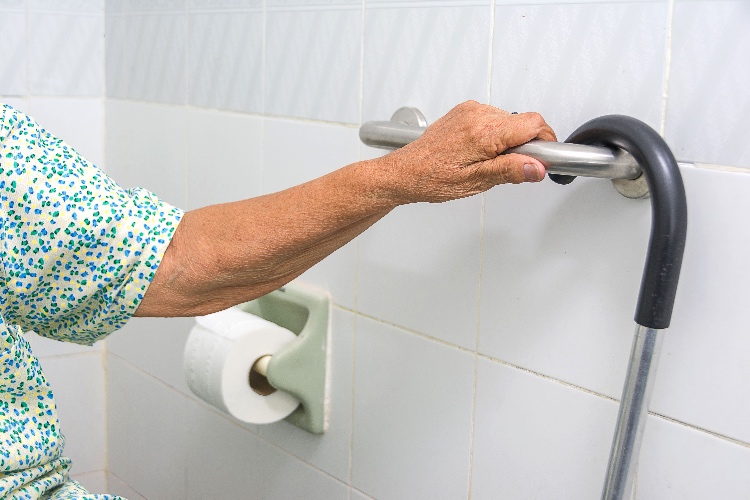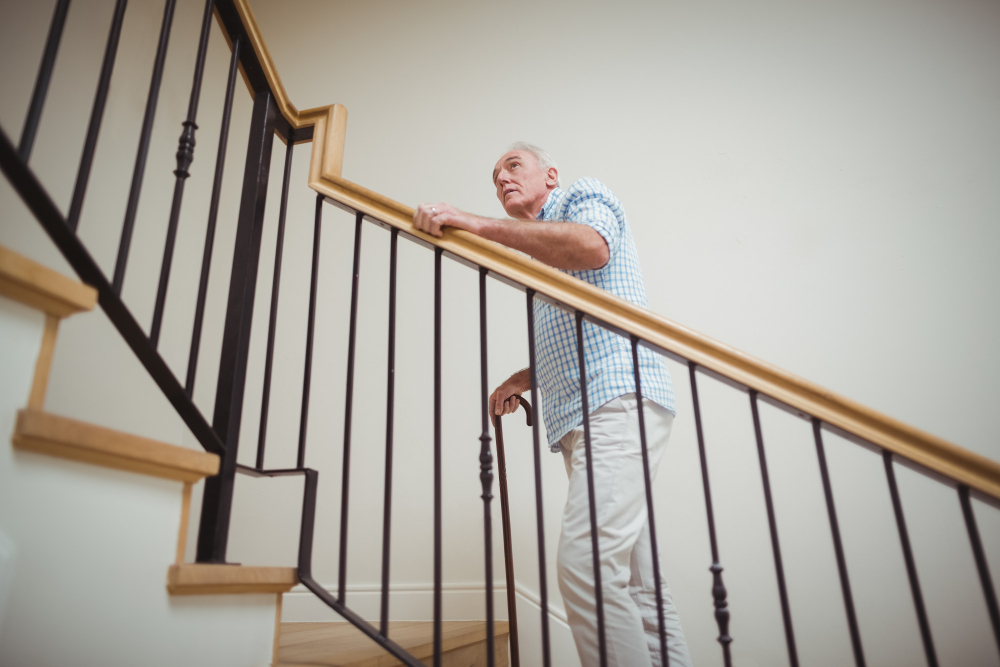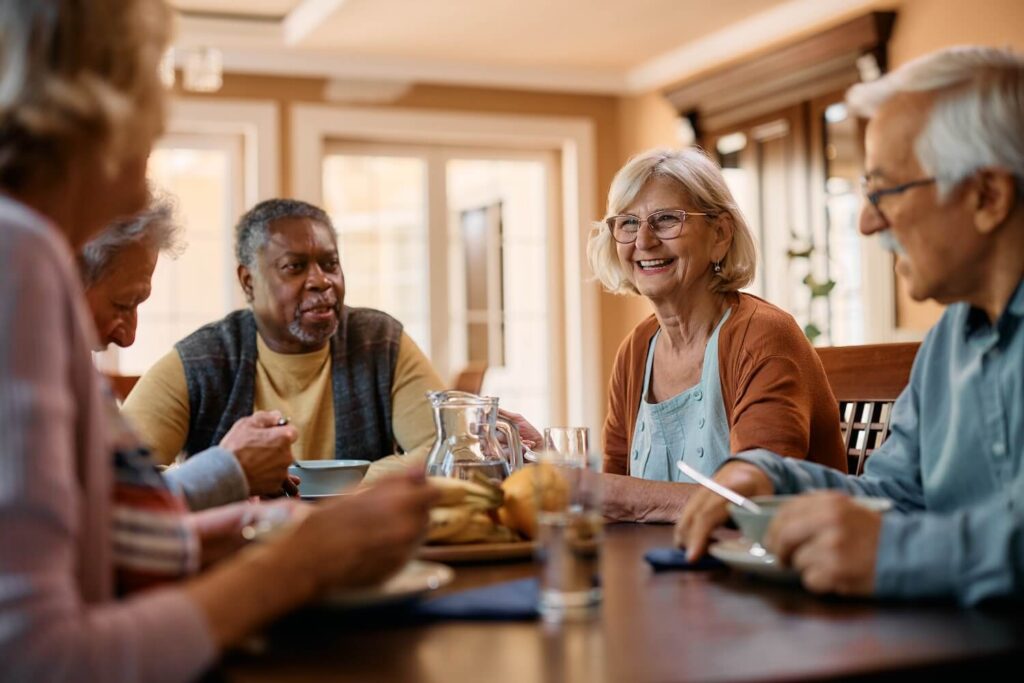In the golden years of life, many seniors choose to live independently. While this can be empowering, it also presents challenges, especially when it comes to meal safety. Ensuring meal safety for elderly living alone is crucial to maintaining their health and well-being. This article aims to provide helpful insights for family caregivers and seniors themselves to navigate these challenges effectively.

Why is Meal Safety Important for Seniors?
Meal safety is a key factor in ensuring that seniors maintain good nutrition and avoid foodborne illnesses. As individuals age, their immune systems may weaken, making them more susceptible to infections. Proper food handling, storage, and preparation are vital to preventing these issues.
Understanding the Risks
Seniors living alone may face risks such as forgetting to eat, consuming expired foods, or improperly storing ingredients. It’s important to address these risks to ensure their safety and health.
Setting Up a Safe Kitchen Environment
A safe kitchen environment can significantly reduce the risk of accidents and foodborne illnesses. Here are some tips:
Organize and Declutter
Keep frequently used items within easy reach to prevent falls. Remove clutter and ensure that paths are clear to avoid tripping hazards.
Install Adequate Lighting
Good lighting is essential in the kitchen to prevent accidents. Consider installing motion-sensor lights to help seniors see clearly without fumbling for switches.
Food Storage Tips for Seniors
Proper food storage is crucial in maintaining meal safety for elderly living alone. Here are some tips:
Use Clear Containers
Store food in clear, labeled containers to help seniors easily identify contents and reduce the chance of consuming expired items.
Regularly Check Expiry Dates
Encourage seniors to regularly check the expiry dates on their food items and discard anything thats past its prime.
Healthy Meal Planning
Planning meals can help ensure that seniors get the nutrition they need and minimize food waste.
Create a Weekly Meal Plan
Help seniors create a simple, balanced meal plan for the week. This can help them make healthier choices and ensure they have all necessary ingredients on hand.
Incorporate Nutritious Foods
Focus on including a variety of fruits, vegetables, whole grains, and lean proteins to provide essential nutrients.
Safe Cooking Practices
Adopting safe cooking practices is crucial for preventing accidents and foodborne illnesses.
Use Timer and Alarms
Encourage the use of timers and alarms to prevent overcooking or forgetting about food on the stove.
Practice Proper Hygiene
Ensure that seniors wash their hands before cooking and after handling raw foods. This simple step can prevent the spread of bacteria.
Utilizing Technology for Meal Safety
Modern technology can assist seniors in maintaining meal safety. Devices such as smart ovens and refrigerators can help track food supplies and expiration dates. More on this can be found on Alexa for Seniors to explore voice-activated devices.
Involving Family and Community
The involvement of family members and community resources can support seniors in maintaining their independence.
Regular Check-ins
Family members can schedule regular visits or calls to ensure that seniors are eating well and their kitchen is functioning safely.
Community Meal Programs
Encourage participation in community meal programs or delivery services designed for seniors, which can provide nutritious meals and social interaction.

FAQs
How often should seniors check their pantry for expired items?
It is recommended that seniors check their pantry weekly to ensure that all items are safe to consume.
What are some signs of foodborne illness?
Symptoms of foodborne illness can include nausea, vomiting, diarrhea, and abdominal pain. It’s important to seek medical attention if these symptoms occur.
Are there any specific foods seniors should avoid?
Seniors should be cautious with raw or undercooked foods, unpasteurized dairy products, and high-sodium meals. Consulting with a healthcare provider for personalized advice is always best.
For more on creating a safe home environment, you can read about home safety tips.
This article contains affiliate links. We may earn a commission at no extra cost to you.






